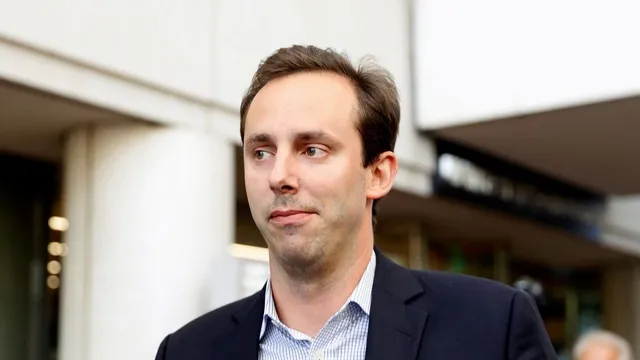In a startling revelation that underscores the ongoing battle against intellectual property theft, a former Google engineer finds himself embroiled in a legal saga. Linwei Ding, also known as Leon Ding, has been indicted by a federal grand jury on charges of stealing trade secrets concerning artificial intelligence (AI). Accusations suggest Ding, a Chinese citizen, orchestrated a clandestine operation to funnel confidential information to entities based in China, raising concerns about the protection of sensitive technological innovations.
The allegations unfold – the case against Linwei Ding
The U.S. Attorney’s Office for the Northern District of California announced on Tuesday the indictment of Linwei Ding, a former Google engineer, on charges related to the theft of trade secrets. According to the indictment, Ding stands accused of four counts of stealing sensitive information pertinent to Google’s AI endeavors. Allegedly, from May 2022 to May 2023, Ding surreptitiously transferred over 500 confidential files from Google’s repository to his personal accounts.
Federal prosecutors assert that Ding meticulously orchestrated his scheme to circumvent Google’s security measures. Among his tactics, Ding purportedly converted the pilfered files into PDF format, thus evading detection by the tech giant’s systems. Also, the indictment outlines Ding’s involvement in an AI startup in China, where he allegedly misrepresented his position and purported ownership stake, peddling Google’s secrets to potential investors.
Google’s vigilance and legal ramifications
Upon discovering suspicious activity, Google initiated an internal investigation, ultimately leading to the tipping off of law enforcement agencies. In a statement, a Google spokesperson commended the swift action of the FBI and reiterated the company’s commitment to safeguarding proprietary information. Meanwhile, federal authorities have underscored the severity of Ding’s alleged actions, emphasizing their determination to uphold the integrity of Silicon Valley’s innovation ecosystem.
As the legal proceedings against Linwei Ding unfold, pertinent questions emerge regarding the broader implications of intellectual property theft in the technology sector. How can companies strike a balance between fostering innovation and safeguarding proprietary information in an increasingly interconnected global landscape? As stakeholders grapple with these challenges, the case of Ding serves as a stark reminder of the perils posed by insider threats and the imperative of robust safeguards to preserve technological advancements.
The case of Linwei Ding underscores the critical need for heightened vigilance and proactive measures against intellectual property infringement. As stakeholders navigate the intricate nexus of technological advancement and security concerns, Ding’s alleged actions highlight the complex interplay between competition and ethical conduct in the digital age. In forging ahead, the tech industry must remain steadfast in its commitment to fostering a culture of integrity and accountability, thereby fortifying the foundations of innovation for generations to come.





